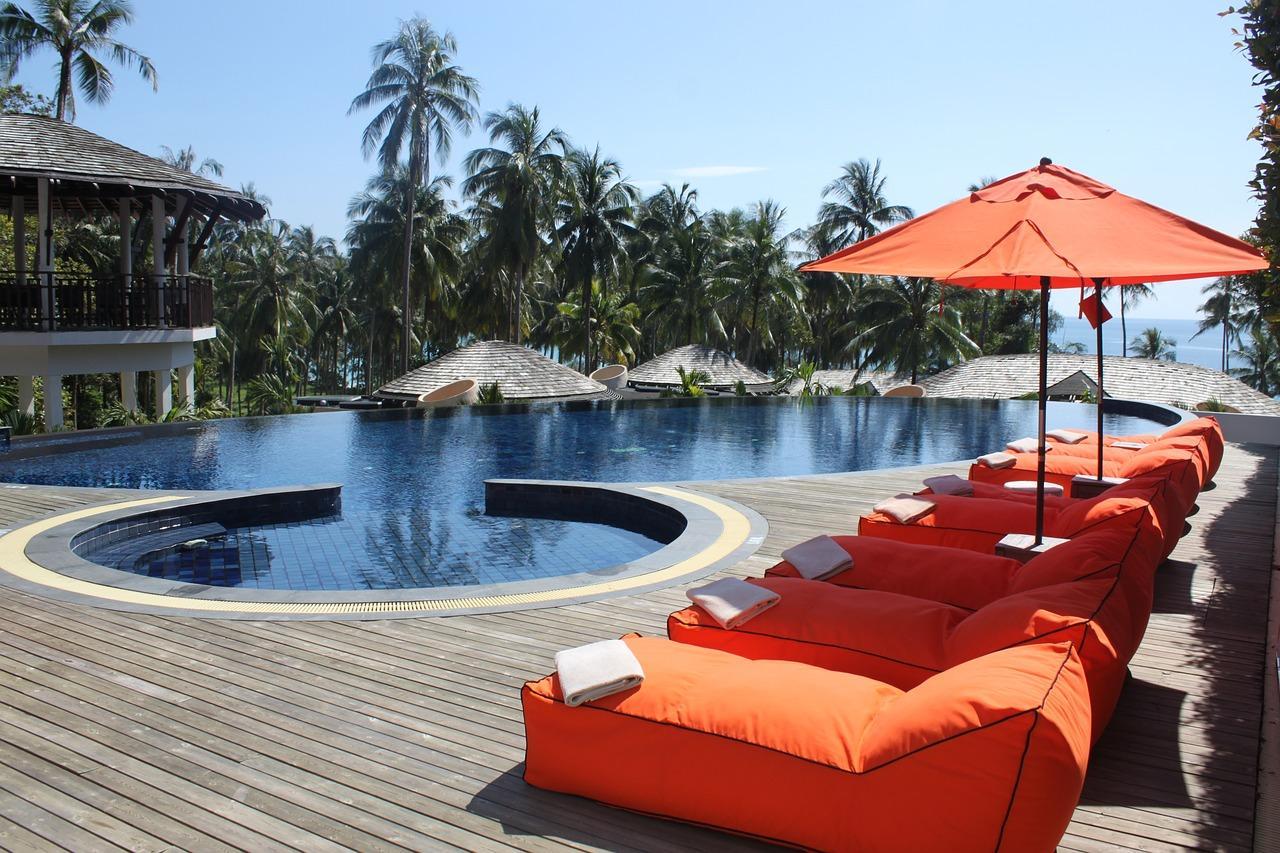Why prebooking your sunbed is a 'horrifying' way to travel
The news that you can now prebook sunbeds isn't all it's cracked up to be, says independent travel provider Justin Francis

Earlier today, Thomas Cook announced that it would enable customers in three of its hotels to prebook a sunbed, causing widespread speculation that 30 years of lounger wars may finally be over.
In their press release the CEO described traditional package holidays as “a thing of the past” as if this was a major breakthrough.
Many Thomas Cook customers will no doubt rejoice (and maybe other operators will follow suit), but increasingly tourists and the tourism industry are leaving the package holiday concept behind.
Many will question whether a sunlounger booking system signals a major break from the past.
In the 1950s, in the early days of commercial jet flights, package holidays provided a home from home, resplendent with British pubs, food and holiday reps to give confidence to people making their first trips abroad. Their market share was sky high at over 85 per cent.
What package holidays offer has moved on a little since then but, as the sunlounger issue suggests, not massively. Their core product remains essentially the same – an enclave isolated from local communities based around flying and flopping around the pool and bar.
Meanwhile tourism has changed. Low-cost flights and the ability to research and book their own trips has enabled customers to see if they can find something more interesting than an easy-peasy package break Increasingly they are finding that they can.
Additionally, the “touristic” experience is quickly going out of fashion. Tourists these days tend to prefer the beach to the pool, perhaps finding a bit of space and renting a sunlounger from someone local, who might also provide some traditional food and sell them some crafts.
Many families prefer sharing experiences in the destination together, and learning a little about local life, rather than playing with their smartphones by the pool.
As a result, the package holiday share of the market, while still significant, has declined massively and is closer to 50 per cent these days than in its heyday.
At the more “experiential” end of the market, people are looking to stay in restored heritage accommodation, or even homestays in places like Cuba; eat in local restaurants; and hire local guides to really immerse themselves in, and learn about, local ways of life and traditions. In doing so, they are conscious that travelling this way ensures more of their money ends up in the pockets of local people,
Of course, for Thomas Cook, there is a great irony in this new style of travel which takes people out of their ordinary lives to benefit from experiencing new things and places.
Thomas Cook, a former preacher, founded his company with exactly the same idea in 1841. He was a social reformer who hoped travel and new experiences might reduce a heavy drinking culture.
He would be horrified at the sight of multiple bars and heavy drinking in many resorts. I think package holidaymakers and his legacy deserve more.
Justin Francis is CEO of Responsible Travel
Subscribe to Independent Premium to bookmark this article
Want to bookmark your favourite articles and stories to read or reference later? Start your Independent Premium subscription today.

Join our commenting forum
Join thought-provoking conversations, follow other Independent readers and see their replies